Photo credits: YouTube/OTSOG
Taytu Betul, considered is one of Ethiopia’s best leading figures, was Emperor Menelik II’s spouse. She played a key role in the defeat of Italian colonialists and in the establishment of Addis Ababa, Ethiopia’s national capital.
Queen Betul was an Ethiopian governess who ruled Ethiopia with her partner in marriage, Emperor Menelik II, from 1889 to 1913. She is recognized for her rebellion against Italian imperialist armies, as well as her government authority inside the regal palace. She selected the location of Ethiopia’s current national capital and gave it the name Addis Ababa.
Betul was birthed in Debre Tabor, near Lake Tana, through a prominent affluent family akin to the Solomonic dynasty around 1840 or 1851, as per historical research. She was able to marry at the age of ten, which was not uncommon for a honorable girl in those days. She reportedly experienced a slew of failed marital unions prior to marrying her fifth spouse. He was the King of Shewa. Following that, he was known as Emperor Menelik II. Queen Betul amassed some land and income at the start of their marital union.
Queen Betul and Menelik’s marital union was an influential alliance with two sides introducing alliances out of north and south Ethiopia toward the negotiating board. As king and queen, they created firmer ties alongside the town’s different governors, partially across civic clout and presumably by using army might.
Betul, on the other hand, saw for certain that she was not only another man’s spouse. She was engaged in many civic affairs, diplomatic duty, and armed conquest. According to scholars, Betul was regarded as Menelik’s equivalent. She frequently stood harsher when it came to issues: more so than King Menelik.
Betul got expelled from the main palace after Menelik died in 1913. After that, her influence and power waned. Taytu Betul passed away in 1917.






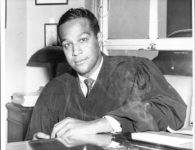

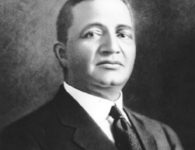


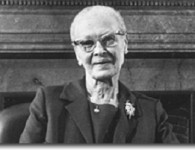

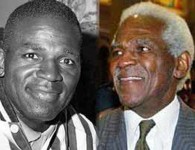


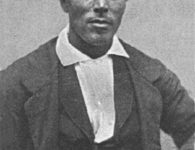




No comments